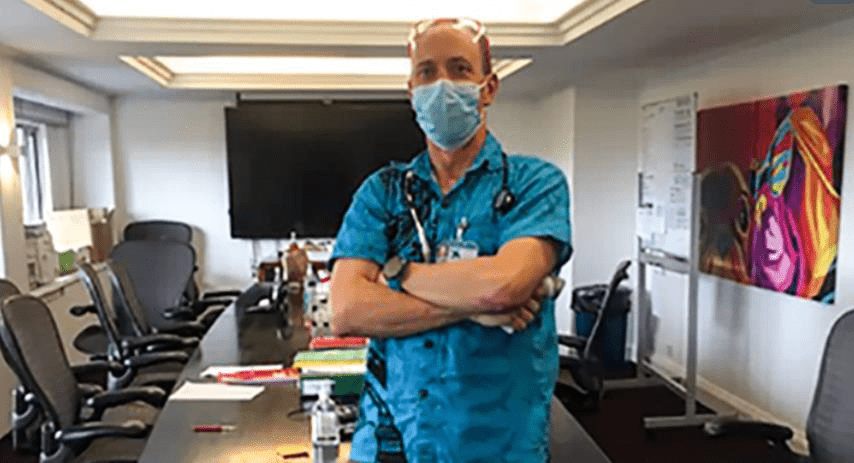https://www.nzherald.co.nz/nz/news/article.cfm?c_id=1&objectid=12424132
Quarantine is a tool commonly used by governments to keep out, minimize community spread, and keep the local population safe from COVID-19. For those who are healthy, with resources and time to burn,being quarantined is, at worst, an inconvenience. But for some, the experience is traumatic with long-lasting effects.
New Zealand is one of the countries praised for its handling of this pandemic, and since March 2020, nearly 120,000 people have been through the New Zealand quarantine system. The commonly held view by the team of 5 million is "being quarantine is the necessary price to pay by returnees to keep the virus out and keep NZ safe."
The sense of gratitude and relief from returnees, especially those coming from Europe and the USAis unmistaken.Nevertheless, the whole process to get back into NZ in the global pandemic's current stage is beyond challenging for anyone. It is not only more costly(air tickets, quarantine charges, and pre-departure tests) but requires patience, resilience, determination, and a fair bit of luck. Trying to get hold of an airline ticket is the initial challenge. The second is going online to book a place in a quarantine facility (hotel) with limited slots and always in high demand.The third and final step is to match the dates for flights and quarantine accommodation. After successfully getting through these three steps and boarding the plane bound for Auckland, NZis a massive relief for returnees. What comes next is the two weeks in quarantine.
This sobering account by a frontline doctor working in a quarantine facility tells of the human costs for going through the two weeks quarantine in NZ.
There will be a mixed view to the doctor’s article. The mantra “the price to keep NZ Covid free and safe”is logical and makes sense until a family or loved one is affected by the current quarantine approach's inflexibility. Although there is room for returnees to apply for exceptions, there are too many personal accounts and the occasional media reporting(like the family of a well-known sports person) highlighting the unintended but real and traumatic experience even for those who manage to get one of these exceptions.
Making the trip to NZ to visit a dying or seriously ill relative, or to receive life-saving treatments, or being displaced overseas and needing to get back to NZfor family support is emotionally distressing at the best of times.
Staff working in the quarantine accommodations like the doctor and his colleagues are doing their best at great risk to themselves. The emotional and human toll on returnees is not lost to them.
This doctor’s article is to perhaps say to the rest of us, “beyond the political, public service and expert commentary, in the interest of safety, we may have lost some of our humanity." This doctor's article is joining the chorus of others for a revamp of the exception process, and the type and level of support for people in quarantine. Involving people who have gone through quarantine and those working in them should be a prerequisite.
Hopefully, the global vaccination program will see such quarantine arrangement become the exception rather than the rule. Regardless, it beholds our political, senior public servants, and experts to better balance safety, well-being through the lens compassion. After all, compassion is kindness and empathy in action.
Chai Chuah
Wellington, NZ
12th March 2021
PS, I did go through a two weeks quarantine in Auckland in late July 2020.

